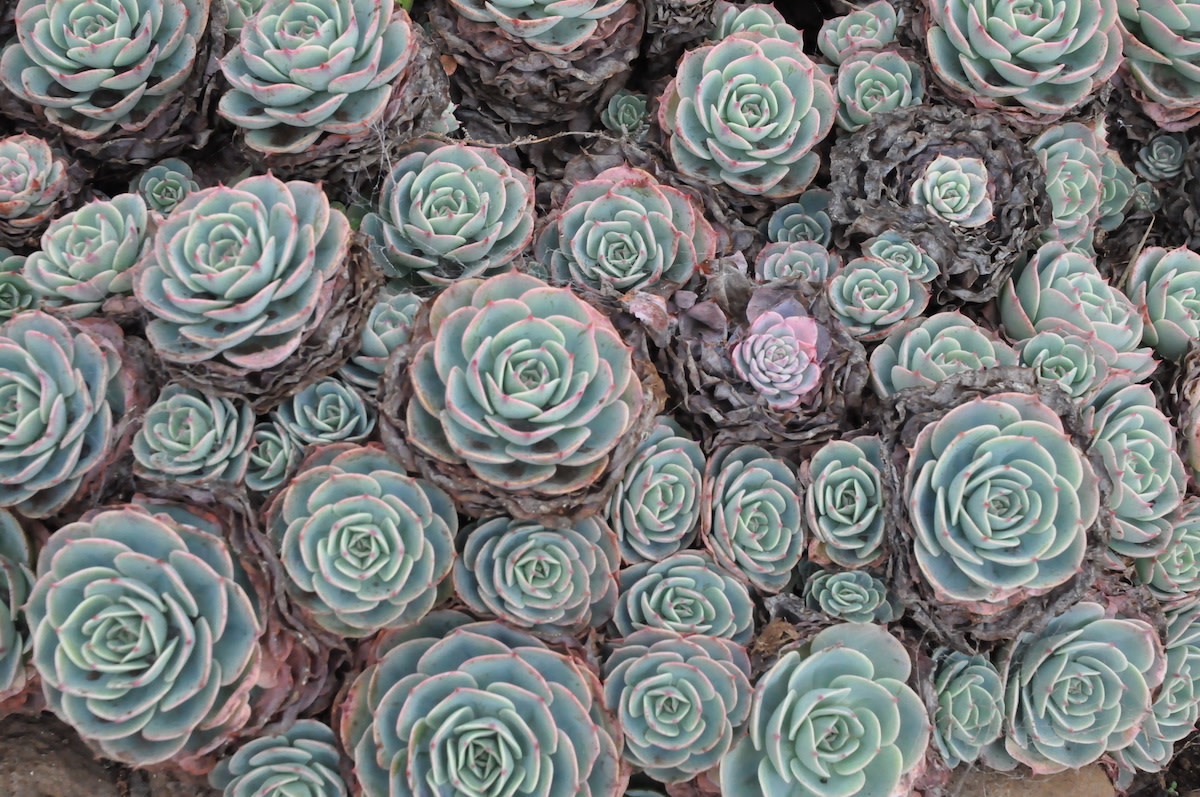Hens and Chicks Succulent Care Guide
Written by MasterClass
Last updated: Jun 7, 2021 • 1 min read
Easy to grow and resilient, hens and chicks are popular low-maintenance succulents.
Learn From the Best
What Are Hens and Chicks Plants?
Hens and chicks (Sempervivum tectorum) are succulent plants native to Europe and Africa. Also known as houseleeks, these plants have concentric rings of leaves that form a rosette and resemble an artichoke. Hens and chicks plants come in shades of green, red, blue, purple, and copper.
The hens and chicks plant’s name comes from the fact that it propagates by producing offsets (chicks) that surround the mother plant (hen). Hens and chicks are low-growing perennials that stay close to the ground as they self-propagate, making them good groundcover plants.
How to Care for Hens and Chicks Plants
Hens and chicks may be known for their hardiness, but it’s worth keeping these tips in mind.
- Grow hens and chicks in a temperate climate. The ideal temperature range for hens and chicks is 65 to 75 degrees Fahrenheit. When exposed to extreme temperatures, they’ll stop growing and retreat into a semi-dormant state.
- Choose a location with full sun. As outdoor succulents, hens and chicks need at least six hours of full sun every day. Adequate sunlight will promote colorful foliage and the propagation of chicks.
- Plant hens and chicks in sandy soil. Hens and chicks do best in rocky, sandy places, making them ideal for rock gardens. They also do well in flower beds with well-draining soil.
- Use clay pots. If you choose to grow hens and chicks succulents in a pot, choose a clay pot and potting mix specifically formulated for succulents and cactus plants.
- Water your plants rarely. These drought-tolerant plants need very little water once they’re mature and can go weeks without watering. Once they’re established, water your hens and chicks only when the surrounding soil dries out—typically once a week in warm climates.
- Keep an eye on pests. Mealybugs and aphids can become an issue, but you can easily remove them with a cotton swab soaked in rubbing alcohol.
Learn More
Grow your own garden with Ron Finley, the self-described "Gangster Gardener." Get the MasterClass Annual Membership and learn how to cultivate fresh herbs and vegetables, keep your house plants alive, and use compost to make your community—and the world—a better place.
